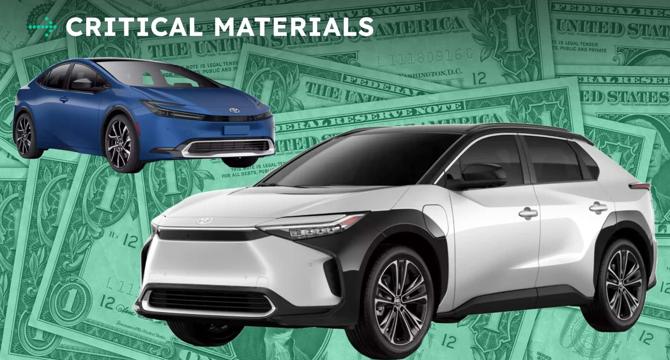Insideevs
5d
139

Image Credit: Insideevs
Toyota May Be Losing $1 Million An Hour Due To Trump’s Tariffs
- Toyota, Ford, and General Motors are facing significant financial losses due to tariffs, with Toyota potentially losing $1 million per hour.
- The U.S.-Japan trade negotiations are impacting Toyota's profitability, with the company projected to face a $1.2 billion profit drop in two months.
- Toyota has decided against immediate price hikes on U.S. models but is still likely absorbing losses from tariffs.
- Toyota's reliance on Japanese parts and imports is affecting its financial stability amidst the trade tensions.
- LG Energy Solution completed the acquisition of General Motors' Ultium Cells plant in Michigan for $2 billion, aiming to strengthen its position in EV battery production.
- Polestar, a Swedish automaker, has shown signs of recovery, doubling revenue, reducing net losses, and improving gross margins.
- Polestar's global deliveries surged by 76% in the first quarter, driven by strong sales of its electric crossover and SUV models.
- The recent U.S.-China trade deal reducing tariffs may benefit companies like Polestar by easing the tariff pressures.
- With potential price increases on Toyota models in the U.S. due to tariffs, consumers may face decisions on whether to buy these vehicles despite higher costs.
- The impact of tariffs on automakers like Toyota highlights the ongoing challenges posed by trade negotiations and the need for strategies to mitigate financial losses.
Read Full Article
8 Likes
For uninterrupted reading, download the app